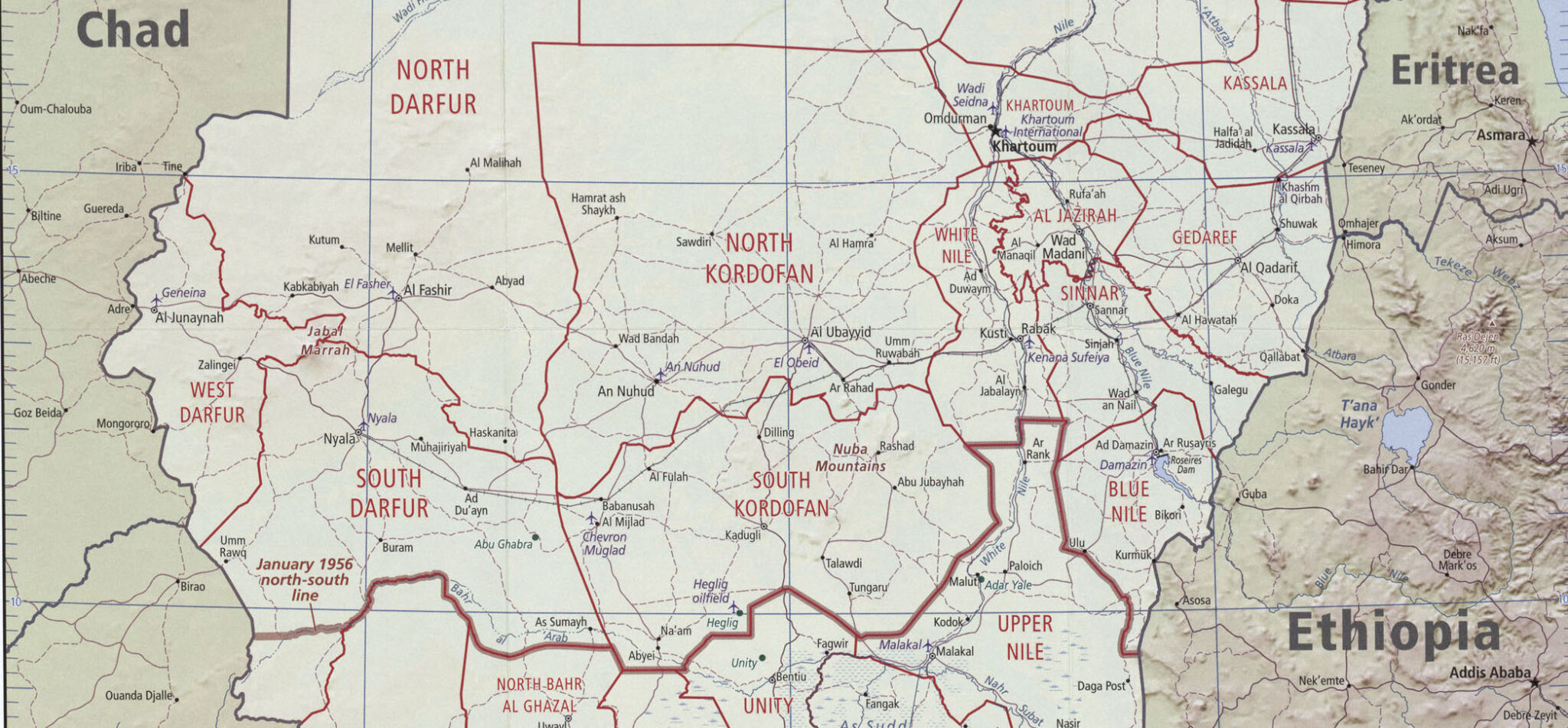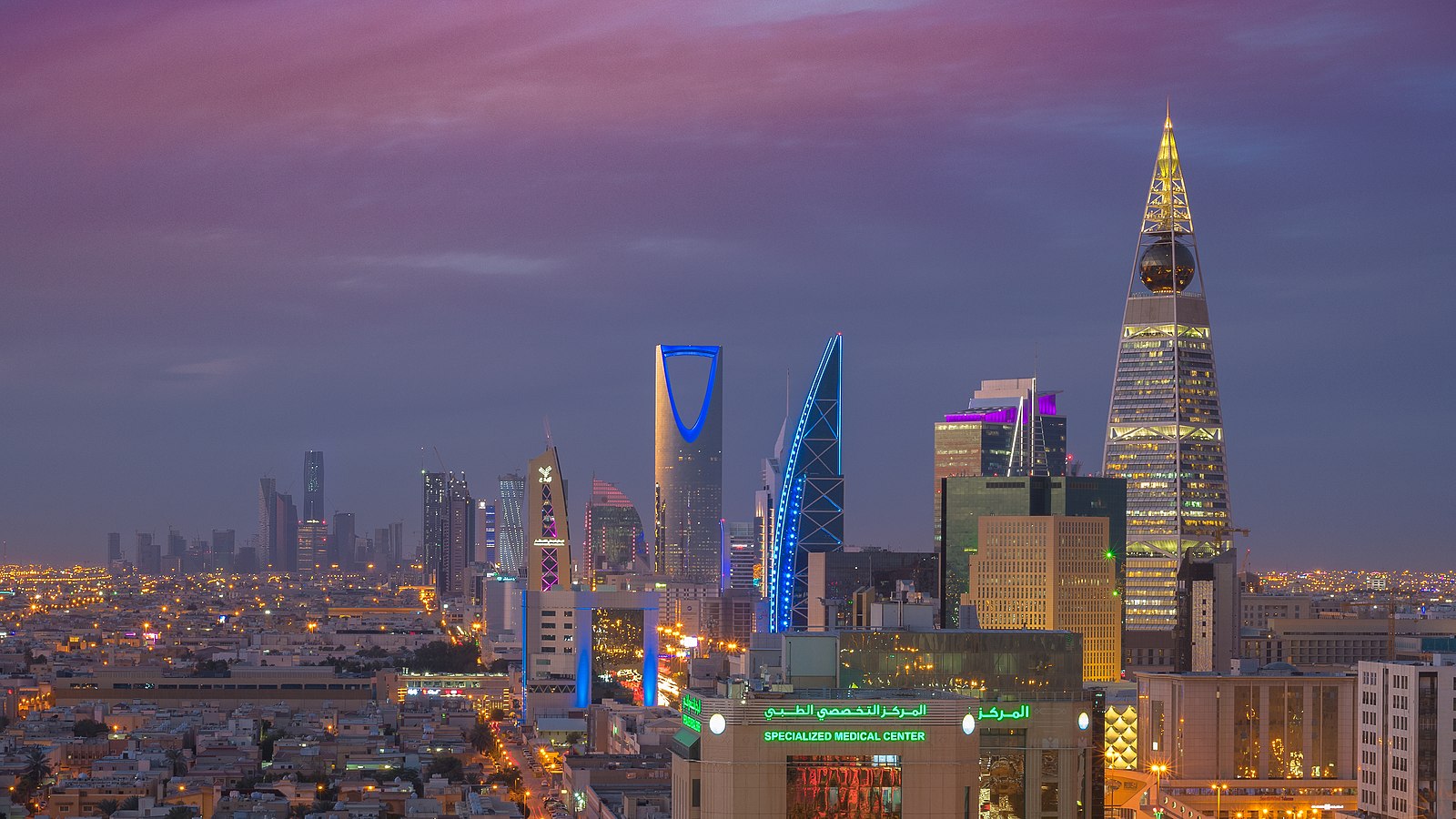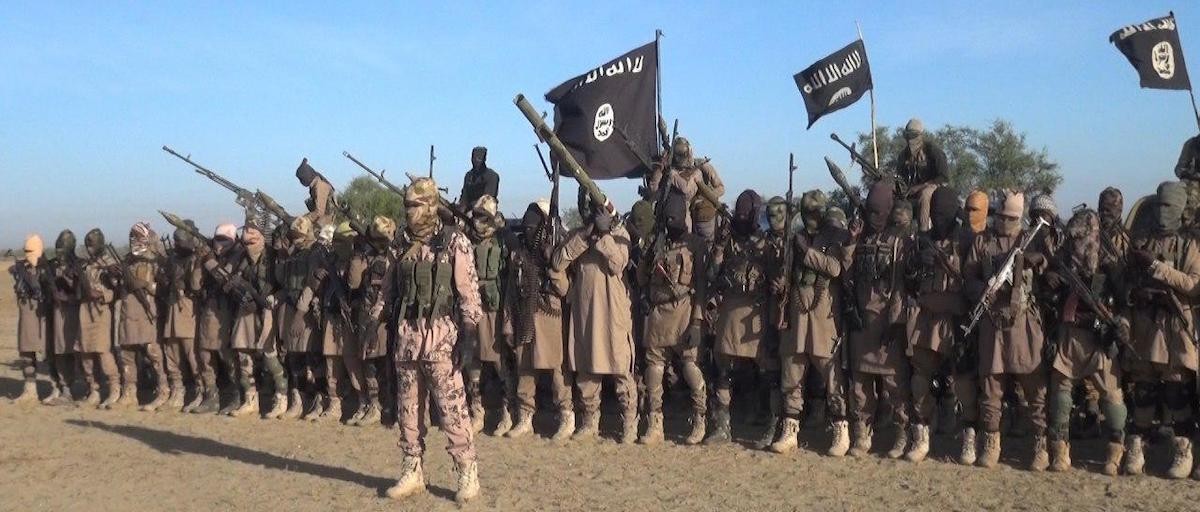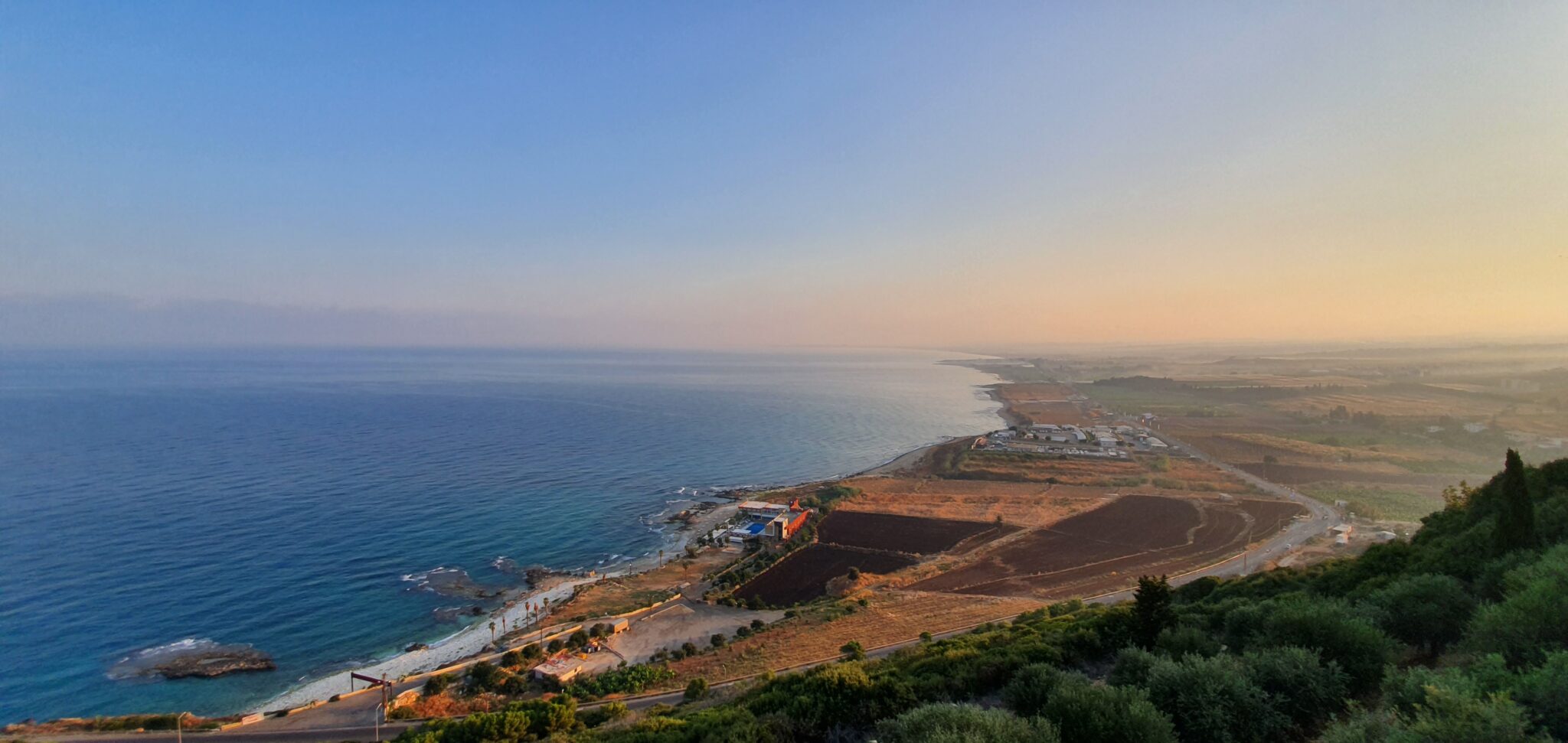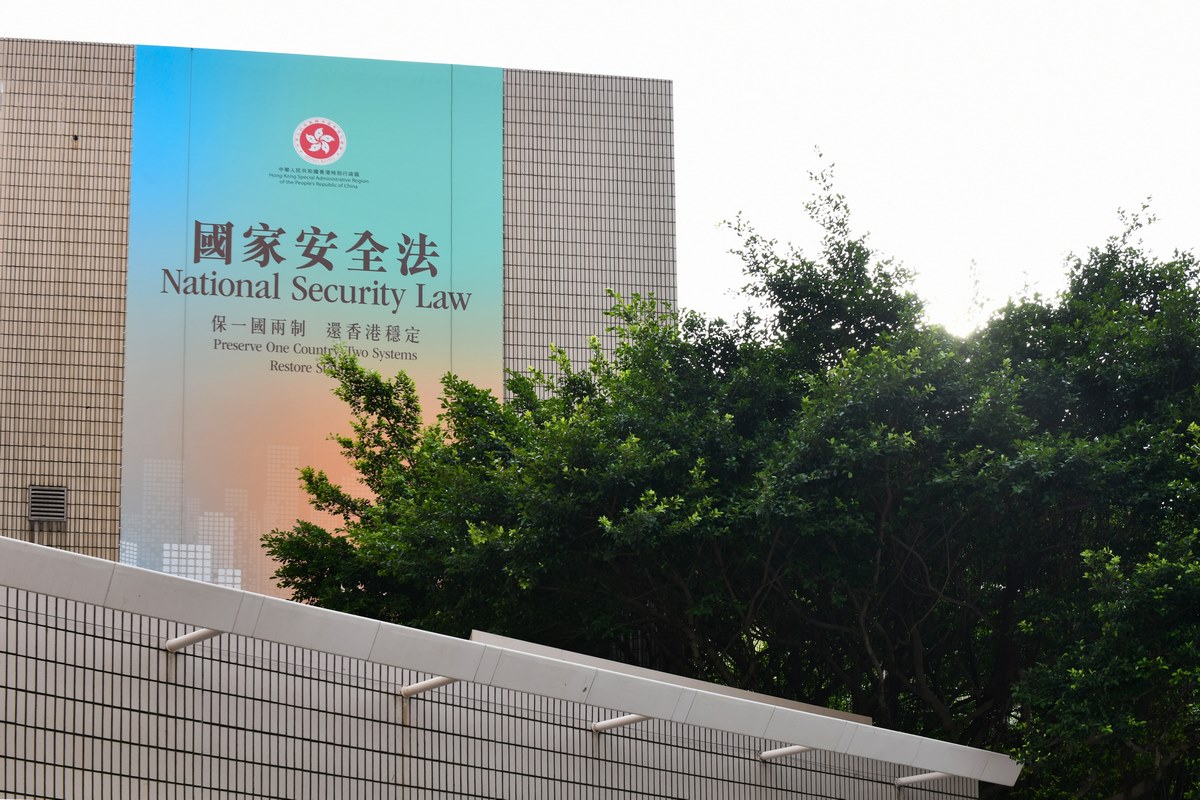
Russian fascism: enemy of Black liberation
Four Black nationalists affiliated with the Uhuru Movement, an arm of the African People’s Socialist Party (APSP), are on trial for acting as agents of a Russian propaganda network, in what they are calling “the free speech trial of the century.” Regardless of whether their activities were protected by the First Amendment, the case reveals the very strangest of political bedfelows. Tucker Carlson, who similarly serves as a conduit for Russian propaganda, is also mentioned (although not charged) in a new federal indictment. Carlson is scheduled to appear onstage with JD Vance later this month, and recently hosted an uncloseted Nazi-nostalgist on his Twitter program. The absurd irony of the APSP platforming Kremlin demonization of Ukraine as a “Nazi” state is heightened by Russia’s serial massacres of Black Africans in its new military adventures on the continent. The Anti-Globalization Movement of Russia, which seemingly cultivated Uhuru/APSP, is similarly cultivating white supremacists, who are overtly Trump-aligned and marched at the Charlottesville hate-fest in 2017. The ultimate stateside beneficiary of this Kremlin-orchestrated propaganda effort is of course Donald Trump—who as president in 2020 sought to unleash the military against that year’s Black Lives Matter uprising. Yet while too many “radicals” take the Kremlin bait, once-reviled “liberals” like the National Urban League actually take a more progressive position on Russia and Ukraine. In Episode 243 of the CounterVortex podcast, Bill Weinberg explores how the American radical left went through the proverbial looking glass, including with analogies from the (last) Cold War. Listen on SoundCloud or via Patreon (Photo: Russian mercenaries in the Central African Republic. Credit: Corbeau News Centrafrique via Wikimedia Commons)



